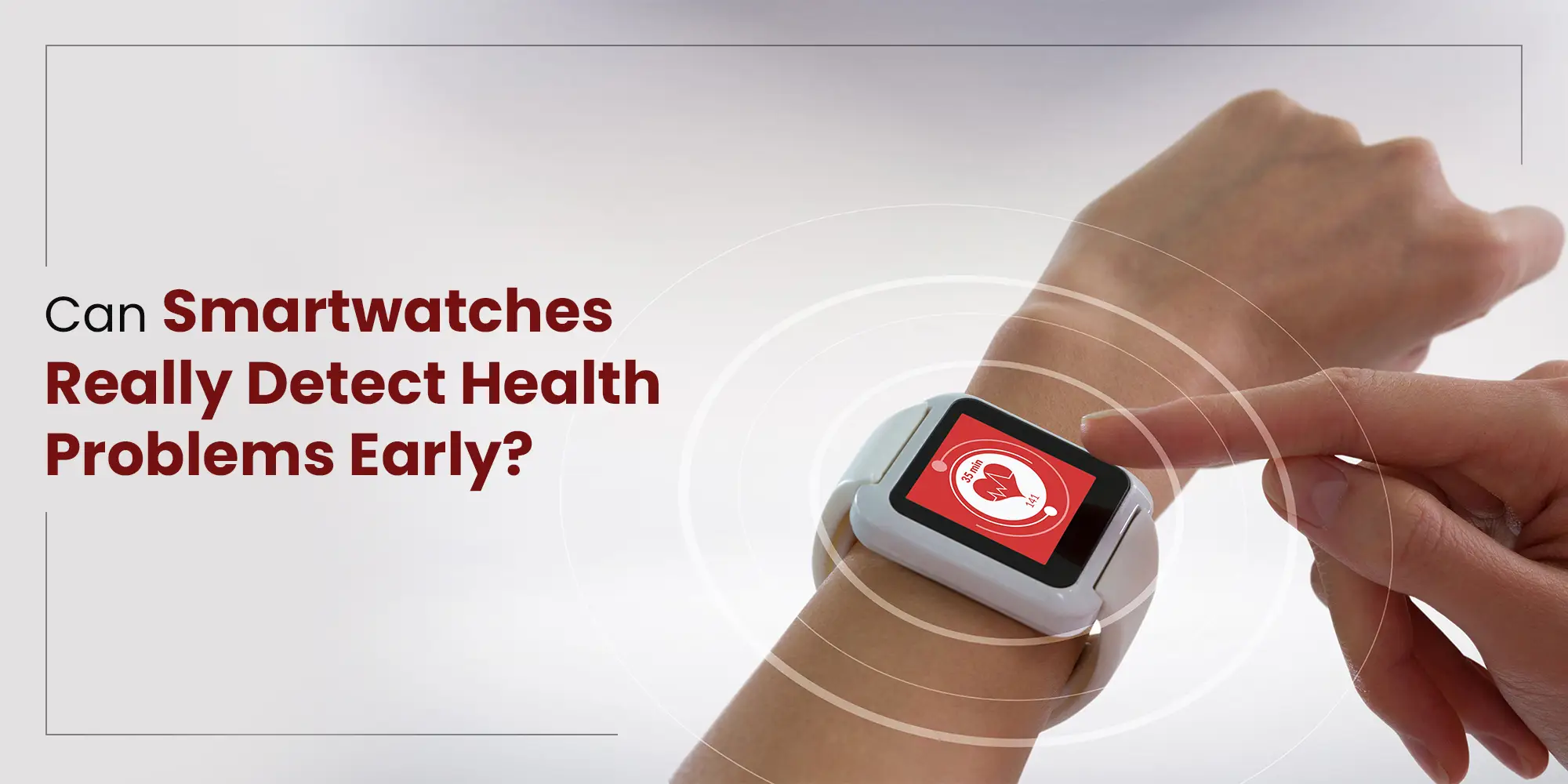Smartwatches have come a long way from simply displaying notifications and messages. Today, these wearables offer a suite of health-monitoring features that help users keep track of their well-being. While they are not replacements for professional medical devices or doctor visits, smartwatches can provide useful indicators that may encourage individuals to seek medical advice sooner.
Detecting a Sedentary Lifestyle
A key feature in almost all smartwatches is the ability to detect and warn users of prolonged inactivity. This function is essential for those who spend long hours at desks, as a sedentary lifestyle has been linked to serious health issues like diabetes, obesity, and even early death. Most smartwatches provide reminders to move, helping users incorporate physical activity throughout their day. These alerts can motivate you to make small changes that promote long-term health.
Monitoring Atrial Fibrillation (AFib)
One of the more advanced capabilities of certain smartwatches is the detection of atrial fibrillation-a condition where the heart beats irregularly, affecting its ability to pump blood efficiently. AFib increases the risk of blood clots, stroke, and heart failure. Smartwatches equipped with electrocardiogram (ECG) functionality can detect the electrical signals produced by your heartbeat, alerting you to potential AFib episodes. Although smartwatches are not as precise as medical-grade ECGs, they can be an important first step in identifying an irregular heartbeat and prompting a visit to a healthcare provider.
Sleep Apnea Awareness
Sleep apnea is a condition in which a person’s breathing repeatedly stops and starts during sleep. This can result in fatigue, concentration difficulties, and an increased risk of cardiovascular issues. While no smartwatch can definitively diagnose sleep apnea, devices with a blood oxygen (SpO2) sensor can help identify periods of restless or irregular sleep, which may suggest underlying issues. Monitoring these data points can provide valuable insight and help determine if you need to seek further evaluation.
Detecting Respiratory Issues
SpO2 sensors, commonly known as pulse oximeters, measure blood oxygen levels and can help identify potential respiratory issues. While smartwatches equipped with these sensors do not offer the same level of accuracy as medical devices, they can signal if your blood oxygen levels are consistently below the normal range of 95-100%. This might indicate problems such as respiratory conditions or early signs of lung disease. Users experiencing unusual readings should consult a healthcare professional for a more comprehensive examination.
Managing Stress Levels
Modern life comes with its fair share of stress, which can contribute to various health issues, including high blood pressure, insomnia, and increased risk of heart disease. Some smartwatches feature stress-monitoring tools that measure heart rate variability and, in some models, use electrodermal activity (EDA) sensors to gauge electrical changes in the skin. These readings help users understand when stress levels are high and encourage stress-reducing activities like deep breathing or guided meditation. While these tools can be helpful for mindfulness and stress management, their data should be interpreted with caution and not used as a substitute for medical advice.
Limitations and Considerations
Despite their impressive capabilities, smartwatches come with limitations. They cannot diagnose serious conditions like heart attacks or strokes, and their heart rate measurements may be less accurate for individuals with darker skin due to the nature of PPG technology. Additionally, smartwatches may generate “noise” in their readings, leading to false positives or unnecessary anxiety.
Can a Smartwatch Save Your Life?
While smartwatches should not be relied on for medical diagnoses, there have been documented cases where they played a role in life-saving scenarios. Fall detection and emergency SOS features, for instance, can alert emergency services if the wearer takes a hard fall. Additionally, alerts for abnormally high or low heart rates have prompted some users to seek medical attention that uncovered underlying conditions.
Should You Use a Smartwatch for Health Monitoring?
Deciding to invest in a smartwatch for health monitoring depends on several factors. If you have a history of heart conditions or are at risk for AFib, a smartwatch may be a helpful tool for early detection and management. However, if you’re young, healthy, and asymptomatic, the benefits might be limited, and the investment may not be justified solely for health tracking. Always consult with your healthcare provider for personalized advice on whether a smartwatch would be a valuable addition to your health regimen.

